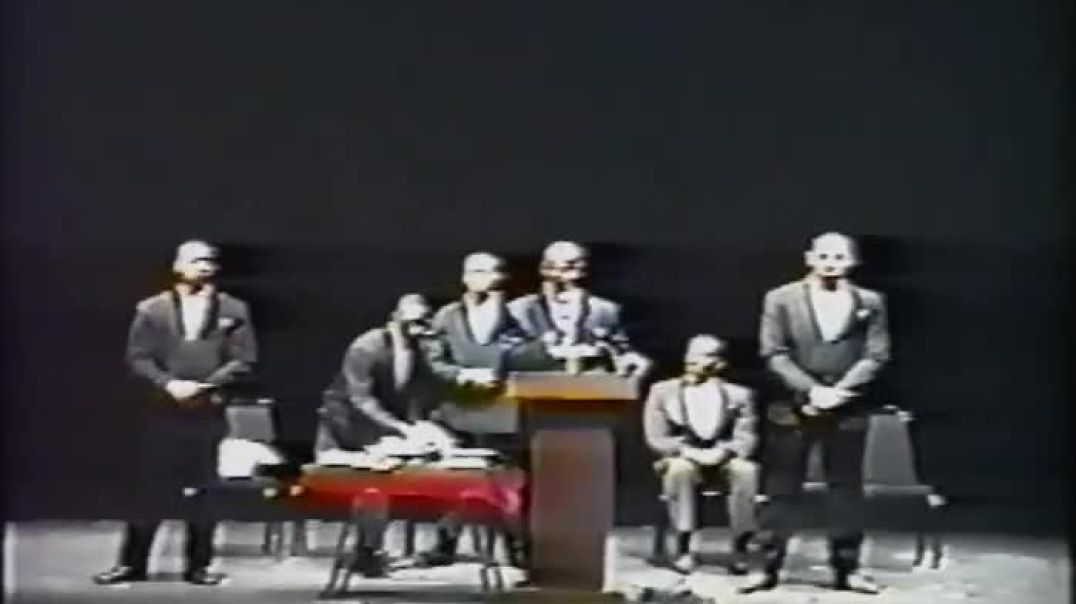History
Sources:
Williams, Christopher. "Explaining the Great War in Africa: How Conflict in the Congo Became a Continental Crisis." The Fletcher Forum of World Affairs 37, no. 2 (2013): 81-100.International Crisis Group, “Congo at War: A Briefing on the Internal and External Players in the Central African Conflict,” November 17, 1998.John F. Clark, “Museveni’s Adventure in the Congo War: Uganda’s Vietnam?” in TheAfrican Stakes of the Congo War, ed. John F. Clark (New York: Palgrave Macmillan,2002) Group of Experts on the Democratic Republic of the Congo, “Report of the Panel of Experts on the Illegal Exploitation of Natural Resources and Other Forms of Wealth of the Democratic Republic of the Congo,” April 12, 2001 Nzongola-Ntalaja, Georges. The Congo from Leopold to Kabila: A Peoples History. London: Zed Books, 2013.Music:Dawn without End by Zach HeydeDance & Electronic by Andrew HuangConsequence - Wonders by Kevin MacLeod is licensed under a Creative Commons Attribution license (https://creativecommons.org/li....censes/by/4.0/)Sourc http://incompetech.com/music/r....oyalty-free/index.ht http://incompetech.com/Decisions by Kevin MacLeod is licensed under a Creative Commons Attribution license (https://creativecommons.org/li....censes/by/4.0/)Sourc http://incompetech.com/music/r....oyalty-free/index.ht http://incompetech.com/Exotic Battle by Kevin MacLeod is licensed under a Creative Commons Attribution license (https://creativecommons.org/li....censes/by/4.0/)Sourc http://incompetech.com/music/r....oyalty-free/index.ht http://incompetech.com/Antonio Salieri, Twenty six variations on La Folia de SpagnaLondon Mozart PlayersMatthias Bamert, as conductor
A history documentary on the wars which forged the Mali Empire!
In this series we trace the rise and fall of the Mali Empire. Part 1 (https://youtu.be/zQzjzVxKk74) covered the broad history of the region and the geopolitical events which set the stage for Sundiata's revolt against the Sosso Empire. In Part 2 we follow this Mankinka prince's campaigns which see him found the Mali Empire. We then cover the wars of conquest which led to the rise of this new kingdom to unprecedented heights.Sources:Spring, Christopher, African Arms and Armour, British Museum Press, 1993Walker, Robin, When We Ruled: The Ancient and Medieval History of Black Civilizations, Black Classic Press, 2011Diop, Cheikh Anta, Precolonial Black Africa, A Cappella Books, 1988Niane, Djibril Tamsir, Sundiata: an Epic of Old Mali, Pearson Longman; 2nd edition, 2006Music:"Heart of Africa" by Luke PN"Misguided Path" by Bonnie Grace"Desert Footsteps" by Sight of Wonders"Savannah Nights" by Zauana"In the Trenches" by Jon Sumner"Desert Winds" by Jon Sumner"There is no Sequel" by Philip AyersCredits:Research = J. BelaScript = InvictaNarration = Guy MichaelsArt = Penta LimitedOther Units of AfricaNubian Archers https://youtu.be/qvO3_kYRRw8?s....i=uZU_v0llG8EEWzwSNu Cavalry https://youtu.be/3tv7EbkrX38?s....i=Od9YOK0f5umzjyBZSa Band of Carthage https://youtu.be/oX3y1GYcCEY?s....i=Wwn6eKMQPyAb-ww4Ca War Elephants https://youtu.be/hDSRHGFCWEo?s....i=FCL-J7gUvR_vS9ZlTi Intro02:49 Founding the Empire05:30 Government07:40 Military10:56 Early Campaigns12:46 Conquest of Bambuk14:20 Conquest of Futa Djallon15:26 Conquest of the West18:29 Consolidation19:43 Internal Troubles20:45 Recovery21:34 Outro#africa #history #documentary
Crisis In The Congo: Uncovering The Truth
Full Documentary
Secret Relationship Between Blacks And Jews - Dr. Khalid
Blackpowerful Speech By Dr. Kamau Kambon. ( FAMOUS DECLARATION ).
great black women in history
Kuelimika's first video exposing the flaws and bias of Metatron's "historical" videos.
Kuelimika destroys Metatron's garbage response to Kuelimika's first video against Metatron
Excellent video demolishing the psuedo historian Metatron by the late Mr Imhotep
HISTORIC REUNION IN HAMPTON VA - LA QUINTA INN - FRED JONES, SHAKUR TARIQ, GERALD JONES, KAMAU KAMBON - DEC 17-18-19, 2004.










